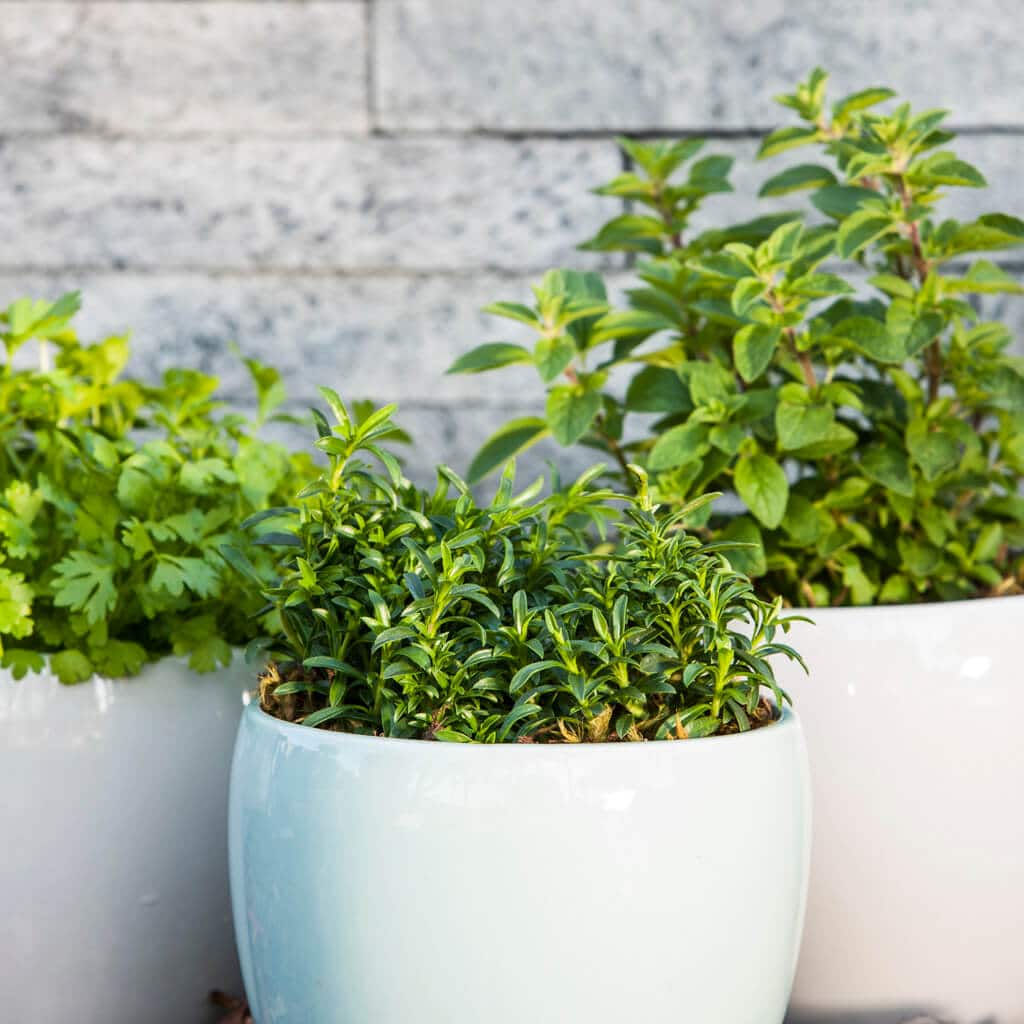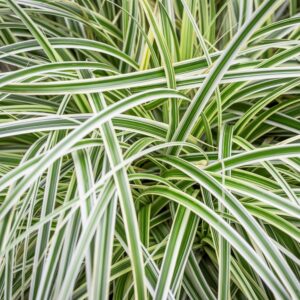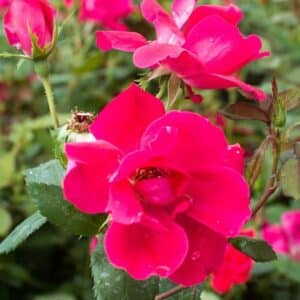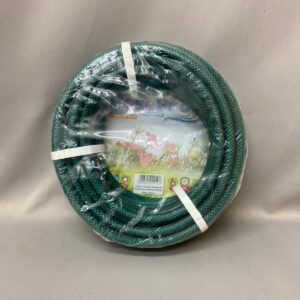A-Z of herbs and veggies
Kitchen gardening

Anise is a natural insect repellent. Add it to bread and pasta dishes for wonderful flavour and use it when cooking vegetables that are difficult to digest, such as onions and cabbage.
Basil naturally repels flies and stimulates the growth of vegetables when planted close to them. Use it in tomato dishes, salads and meat.
Broad beans are a great companion plant for carrots, cucumber, beetroot, potatoes and strawberries, as they help to correct the nitrogen levels in the soil.
Beetroot encourages the growth of beans, lettuce, cabbage and onions.
Borage is great grown with strawberries and tomatoes as it sweetens the fruit.
Buckwheat works well when grown in close proximity of mealies, but take care not to plant it close to wheat.
Cabbage is a good companion plant for dill, chamomile, celery, sage, rosemary, onions, beetroot and potatoes.
Calendula can be eaten raw in salads. The petals brighten up soups, gravy, stews and omelettes.
Capsicum is an excellent companion plant for basil and marjoram.
Caraway helps to loosen the soil and is a great companion plant for peas, radishes, spinach and lettuce. Use caraway seeds in breads and pork dishes.
Carnations are edible and are also good companion choices for garlic and potatoes.
Carrots are best grown alongside tomatoes, onions, sage and rosemary.
Celery benefits the growth of leeks, tomatoes and beans and helps to repel cabbage fly.
Chamomile helps to boost the growth of other plants. It is a great companion plant for mint, onions, cabbage and wheat. It makes a wonderfully soothing herbal tea and also has insect repelling qualities.
Coriander grows well alongside dill and anise.
Cornflower is a good companion plant for wheat, oats and brinjals.
Cucumber helps to boost the growth of mealies, chamomile, chives and marigolds.
Dianthus adds colour to salads and can also be chopped up to make an attractive herb butter.
Dill grows well in close proximity to lettuce, mealies, cucumber, carrot, cabbage and tomatoes. It is also an excellent addition to white sauce or salad dressing.
Echinacea is an excellent immune booster and also makes an attractive cut flower for fresh or dried arrangements.
Eggplant is best grown alongside beans, tarragon, thyme and cornflower.
Fennel is a natural flea repellant. Plant it along the edges of your vegetable patch.
Fenugreek is excellent in Indian dishes and curries. Use it in fruit-based chutney (especially with mango), meat dishes, roasts and vegetarian dishes. Fenugreek also helps to stimulate breast milk production in breastfeeding women.
Garlic Chives benefit the growth of fruit trees, beetroot, lettuce, tomatoes, roses, peas, beans and cabbages. Use them in salads, egg dishes, with cheese and in sauces.
Garden Cress can be added to soups and stews. It adds a burst of fresh flavour to salads, sandwiches, stir-fries, quiches and dips.
Lavender is a highly effective natural insecticide which repels mice, ticks and fleas. It gives vegetables extra flavour when grown in close proximity to them and is a wonderful addition to fruit salads. Use the flowers in a marinade for venison meats and the leaves in hearty stews and meat casseroles.
Leeks are a good companion plant for cabbage, lettuce, marjoram and spinach.
Lettuce grows well with marigolds, strawberries, carrots, cabbage, beetroot, radishes and cucumber.
Marjoram boosts the growth of just about anything, but it is best grown with sage and capsicum. It repels insects and helps to keep mildew at bay.
Marigolds repel flies and aphids.
Melons are best grown with pumpkin, morning glory and mealies.
Mint is a great companion plant for cabbage and tomatoes.
Morning Glory stimulates the growth of melons, beans and grapes.
Mustard plants help to condition the soil, while also repelling snails and cutworms.
Nasturtiums are a great companion plant for most vegetables as they help to improve the flavour of most crops.
Onions help to protect a variety of vegetables grown around them. They are best planted with members of the cabbage family, as well as beetroot and strawberries.
Pansy makes an attractive garnish and also looks beautiful when frozen into ice cubes.
Parsley aids the growth of roses, tomatoes, asparagus, chives and eggplant. Use it in fish and chicken dishes, in pastas, sauces and with mashed potatoes.
Rosemary is a good companion plant for apples and cabbage. Use it with roast meat and vegetables or use the stalks as kebab sticks for chicken kebabs on the braai.
Sage is an excellent natural fertiliser, so be sure to let fallen leaves decompose naturally into the soil. It also repels ants. Use sage leaves in dishes with tomatoes, onions, eggplant and cheese. Also try wrapping fish or pork in whole sage leaves for a few hours before cooking – it adds wonderful flavour. Sage flowers can also be added to fruit salads or stirred into honey.
Tarragon is ideal for chicken or fish dishes and is also a wonderful addition to mayonnaise.
Thyme works well in meat, cheese, egg and fish dishes.
Viola is an attractive garnish and can also be frozen into ice cubes.
You might also like
Shop online
-
CAREX FEATHER FALLS 23cm
- R149.99
-
KNOCK OUT STD ROSE 10kg
- R499.99
-
Garden Hose 12mm
- R219.99




